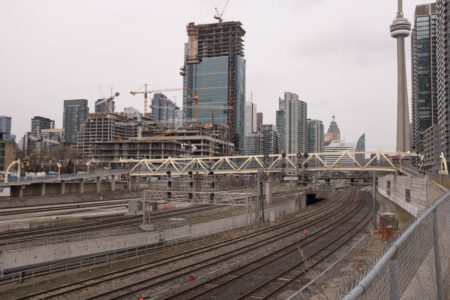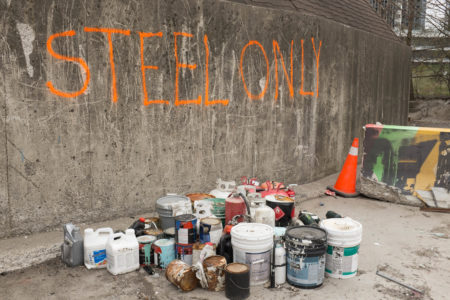Britain’s Armageddon weapon are their four Vanguard-class ballistic missile submarines: Vanguard, Victorious, Vigilant, and Vengeance. Since decomissioning their aircraft-dropped bombs in 1998, the subs have been the only means of delivery for British nuclear weapons, with each possessing 16 ballistic missile tubes for Trident D5 missiles, each built to carry as many as 14 of some warhead types.
Oddly, and despite the obligation under the Nuclear Non-Proliferation Treaty for existing weapon states to work toward disarmament, Prime Minister Boris Johnson announced in March that as part of his government’s ‘Global Britain’ agenda they will raise the cap on the number of warheads deployed on submarines from 180 to 260.
All of the British subs are headquartered at Her Majesty’s Naval Base, Clyde at Faslane in Scotland. Today, The Guardian is reporting that if Scotland chooses to secede from the UK it would raise difficult questions about what to do with the subs, in part because building an equivalent facility in England or Wales would be very costly and would provoke intense opposition.
Even if done out of constraint rather than principal, it would be encouraging to see a nuclear weapon state stop deploying its weapons. As Richard Rhodes summarized in his fourth volume on nuclear weapons:
It followed, and follows, that there is no military solution to safety in the nuclear age: There are only political solutions… The impossibility of resolving militarily the new situation that knowledge of how to release nuclear energy imposes on the world is the reason the efforts on both sides look so desperate and irrational: They are built on what philosophers call a category mistake, an assumption that nuclear explosives are military weapons in any meaningful sense of the term, and that a sufficient quantity of such weapons can make us secure. They are not, and they cannot.
Threatening to use or using nuclear weapons in warfare has always been highly questionable under international law. However they are used they would have downwind consequences which would not distinguish between combatants and civilians, and it will always be questionable whether the use of such weapons is proportional to any provocation or whether it would serve a purpose of military necessity. A mass nuclear exchange literally threatens the existence of humanity, since smoke from burning cities would rise high into the stratosphere and cause drastic global cooling with appalling agricultural and humanitarian consequences.
Keeping such weapons for the sake of national prestige, and thus running all the associated risks of miscalculation or accidental or unauthorized use, is neither prudent nor justifiable in a world where a nuclear arms race is already apace.
Related:






